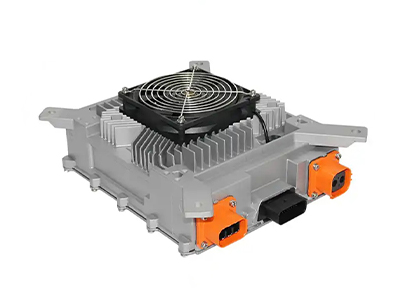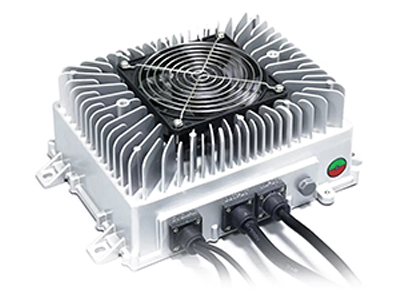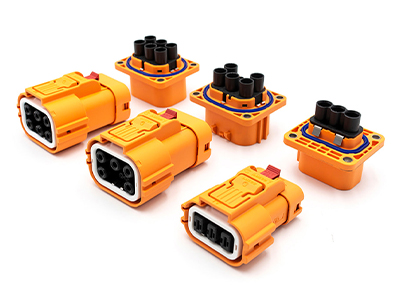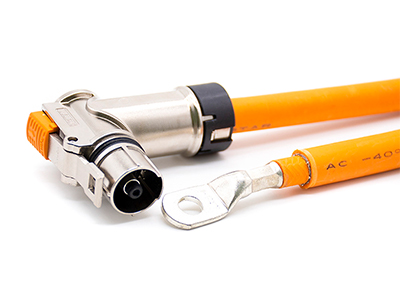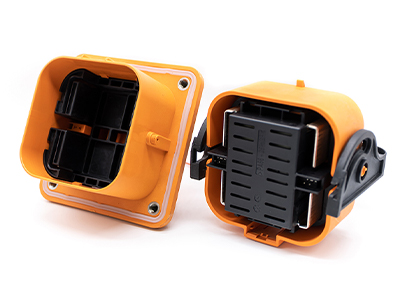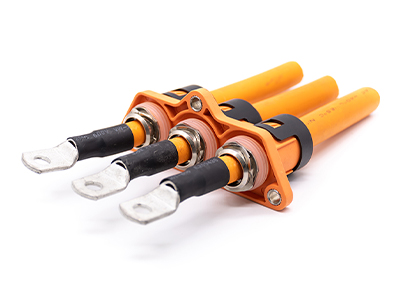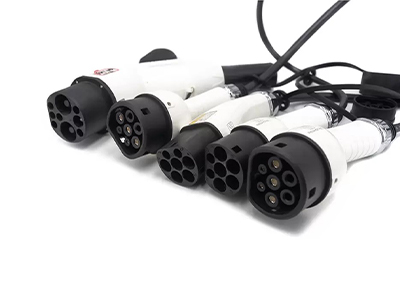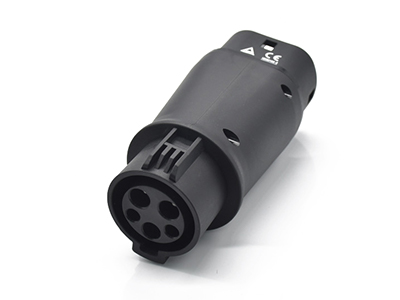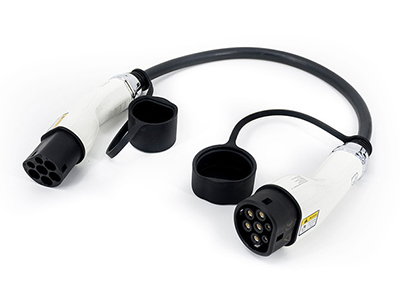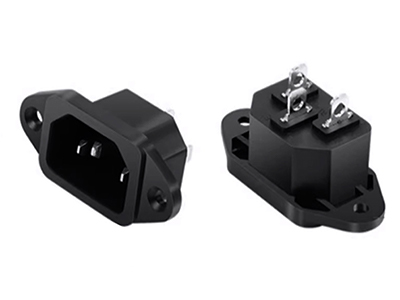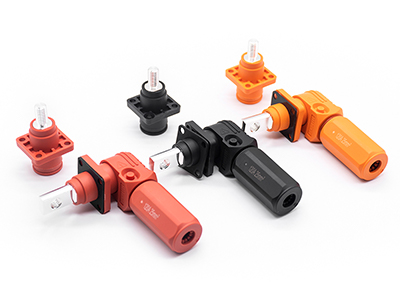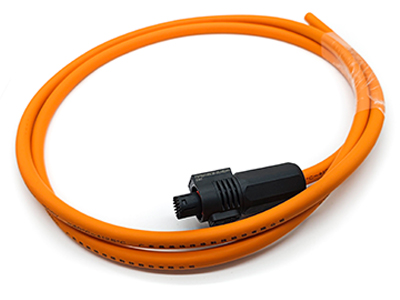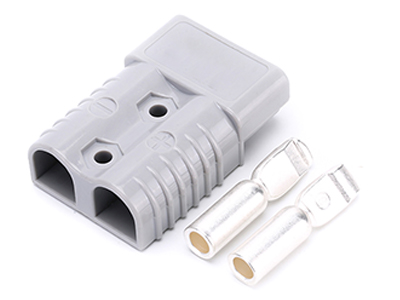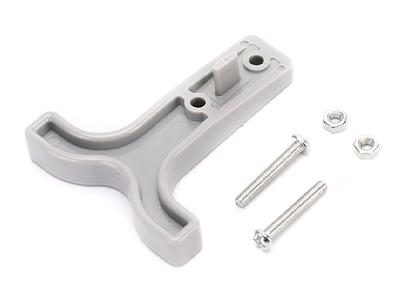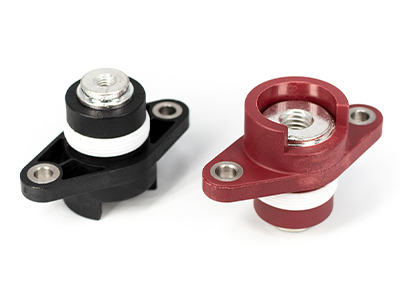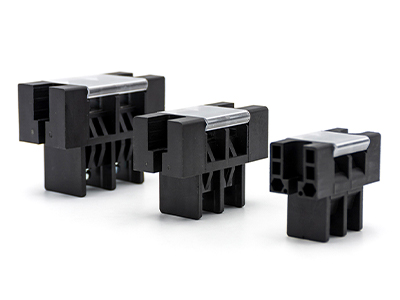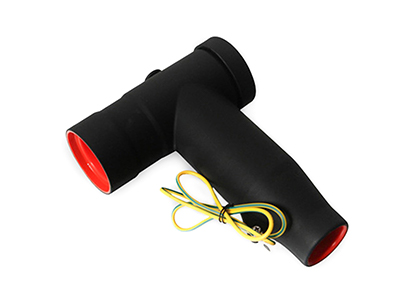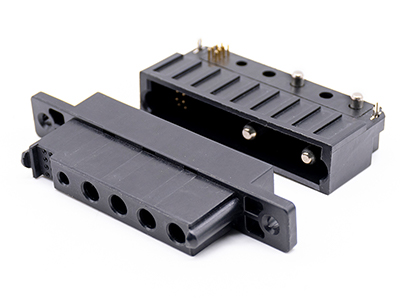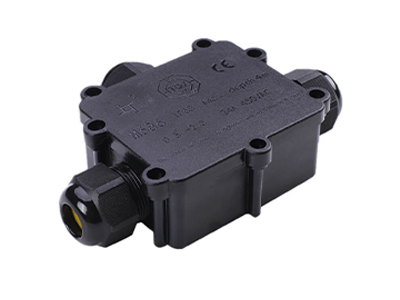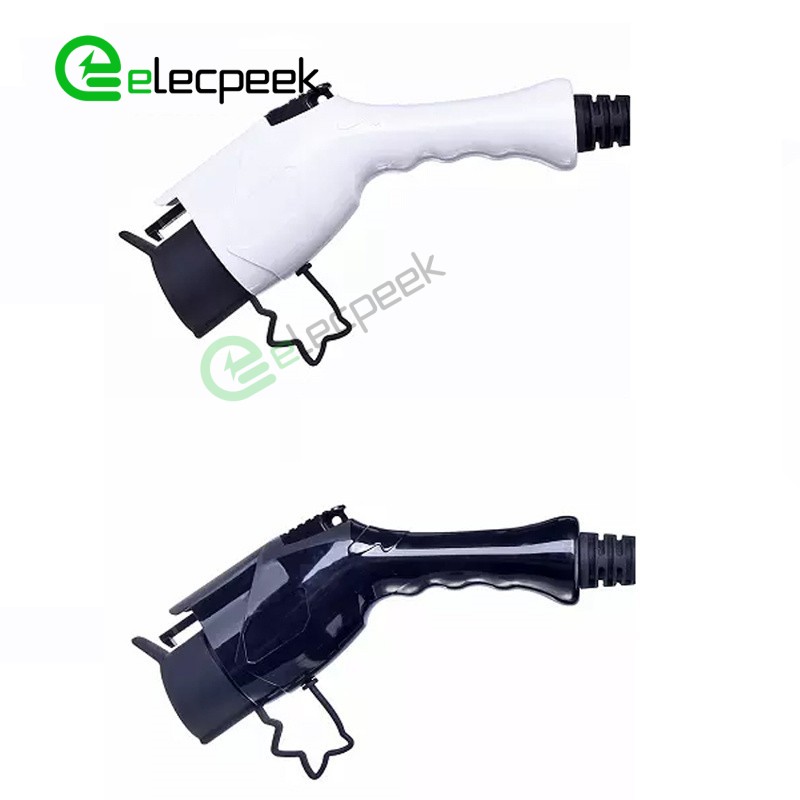News
What Cars Use J1772 Connector?
The J1772 connector has become a vital component in the world of electric vehicles (EVs). As more and more drivers make the switch from traditional gasoline-powered cars to electric alternatives, understanding the charging options available is crucial. In this article, we’ll explore the J1772 connector, which vehicles use it, and its importance in the EV charging ecosystem.
What is the J1772 Connector?
The J1772 connector, officially known as the SAE J1772, is a standardized EV charging connector for EVs and plug-in hybrid electric vehicles (PHEVs). Developed by the Society of Automotive Engineers (SAE), the connector allows for both AC and DC fast charging capabilities. The J1772 connector was designed to be compatible with a wide range of vehicles and charging stations, making it an essential component in the push towards electric transportation.
AC Level 1 and Level 2 Charging
The J1772 connector supports two levels of AC charging:
- Level 1 Charging: This is the slowest form of charging, typically providing 3-5 miles of range per hour of charging. Level 1 charging uses a standard 120-volt household outlet and is ideal for overnight charging or when only a small amount of charge is needed.
- Level 2 Charging: Faster than Level 1, Level 2 charging provides 10-60 miles of range per hour of charging and uses a 240-volt outlet, similar to those used for large appliances like electric dryers. Level 2 charging is commonly found at public charging stations and is often installed in homes for convenient overnight charging.
Which Cars Use the J1772 Connector?
The J1772 connector is widely used by many electric and plug-in hybrid vehicles from various automakers. Some of the popular vehicles that use the J1772 connector include:
Chevrolet Bolt and Volt
The Chevrolet Bolt, an all-electric vehicle, and the Chevrolet Volt, a plug-in hybrid, both use the J1772 connector for Level 1 and Level 2 charging. The Bolt has an EPA-estimated range of up to 259 miles, while the Volt can travel up to 53 miles on electricity alone before switching to its gasoline engine for longer trips.
Nissan LEAF
The Nissan LEAF, one of the world’s best-selling electric vehicles, also utilizes the J1772 connector for charging. LEAF models from 2011 to 2020 use the connector for Level 1 and Level 2 charging, while the 2021 LEAF and onward also support DC fast charging through a separate CHAdeMO connector.
Tesla Model S, Model X, Model 3, and Model Y
While Tesla vehicles come equipped with their proprietary Tesla connector, they can still charge at J1772 charging stations using a Tesla-to-J1772 adapter. This adapter allows Tesla owners to charge at Level 1 and Level 2 stations, making it easier for them to find convenient charging options while on the road.
BMW i3 and i8
The BMW i3, an all-electric vehicle, and the i8, a plug-in hybrid sports car, both use the J1772 connector for charging. These vehicles can charge at Level 1 and Level 2 stations, with the i3 offering an estimated range of up to 153 miles and the i8 boasting a combined electric and gasoline range of up to 330 miles.
Other Vehicles
Many other electric and plug-in hybrid vehicles use the J1772 connector for charging, including models from Ford, Honda, Kia, and Volvo. As the connector continues to be an industry standard, more automakers are likely to adopt it for their EVs and PHEVs.
Why is the J1772 Connector Important?
The J1772 connector plays a significant role in the growth and accessibility of electric transportation. Its widespread adoption by various automakers and charging station providers has made it easier for EV and PHEV owners to find compatible charging options no matter where they are.
As electric vehicle adoption continues to grow, the J1772 connector will remain an important part of the charging infrastructure. Its standardization not only benefits drivers but also encourages automakers to continue developing and producing electric vehicles, which in turn helps to reduce greenhouse gas emissions and our reliance on fossil fuels.
The J1772 connector is a crucial component in the world of electric vehicles, providing an industry-standard charging solution for a wide range of EVs and PHEVs. Its widespread adoption by automakers and charging station providers has made it easier for drivers to find compatible charging options, contributing to the growth of electric transportation and a greener future.

